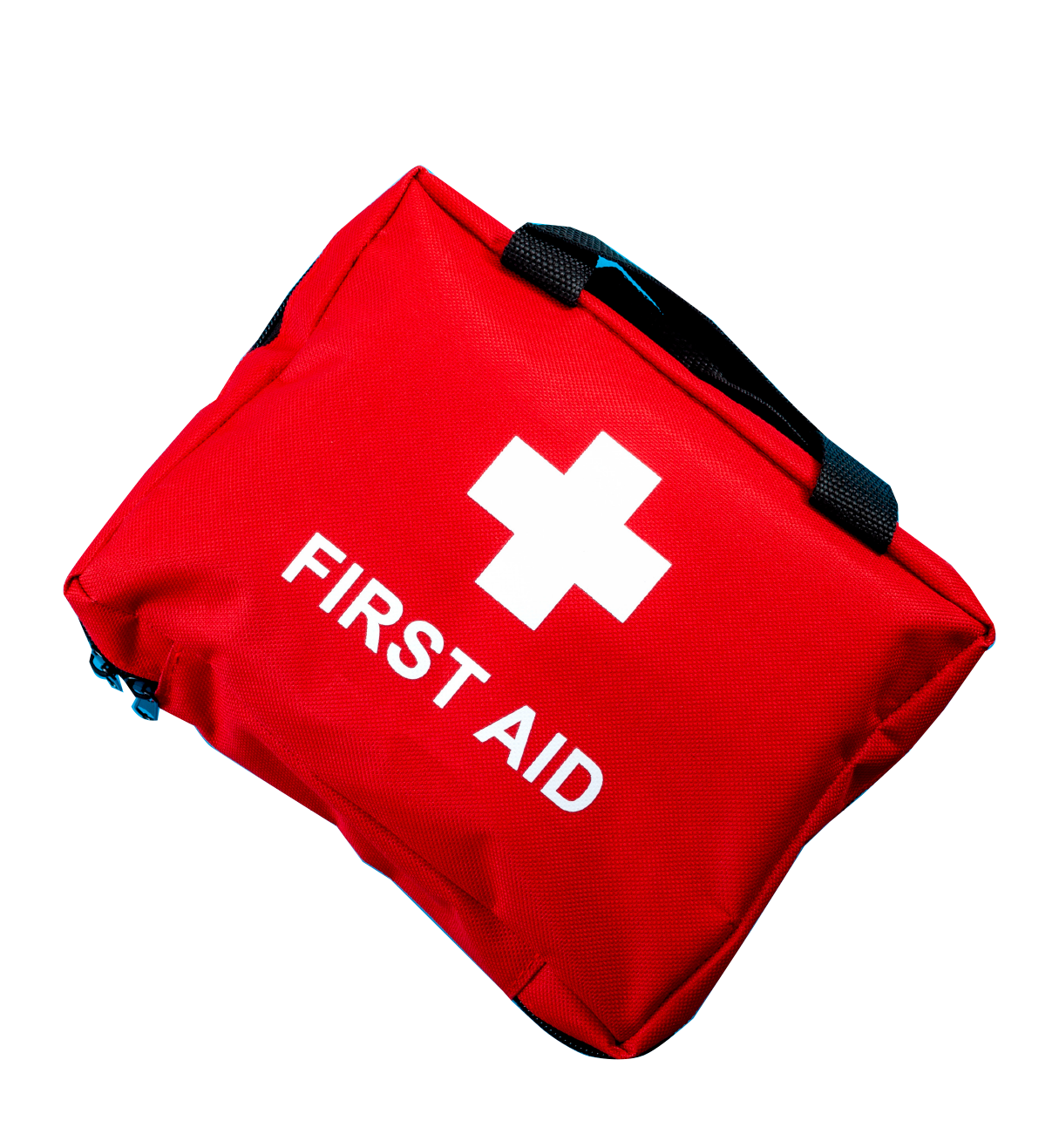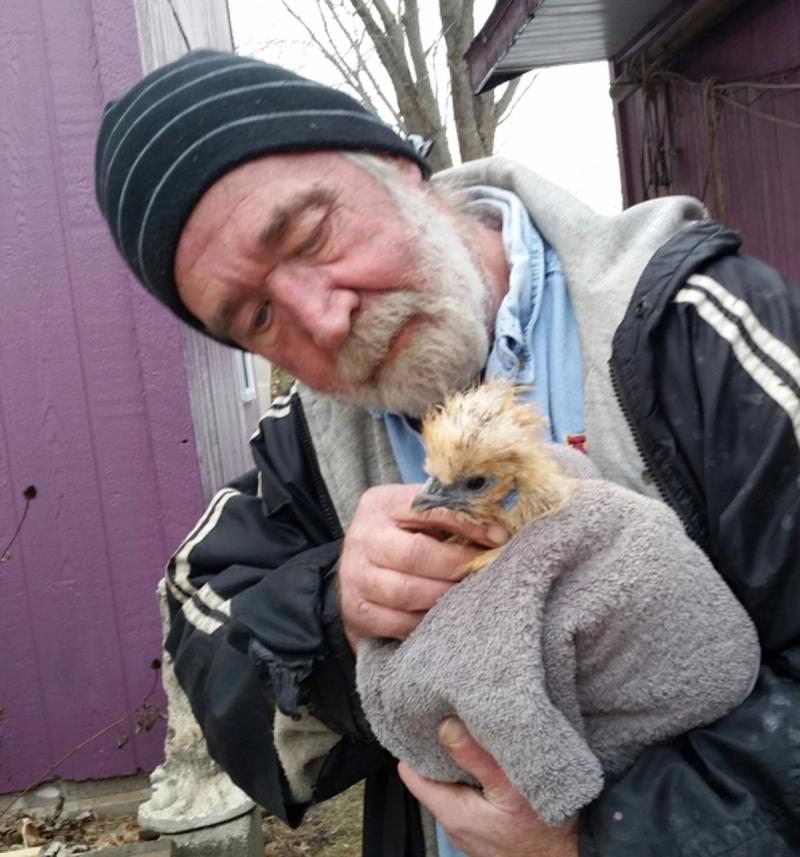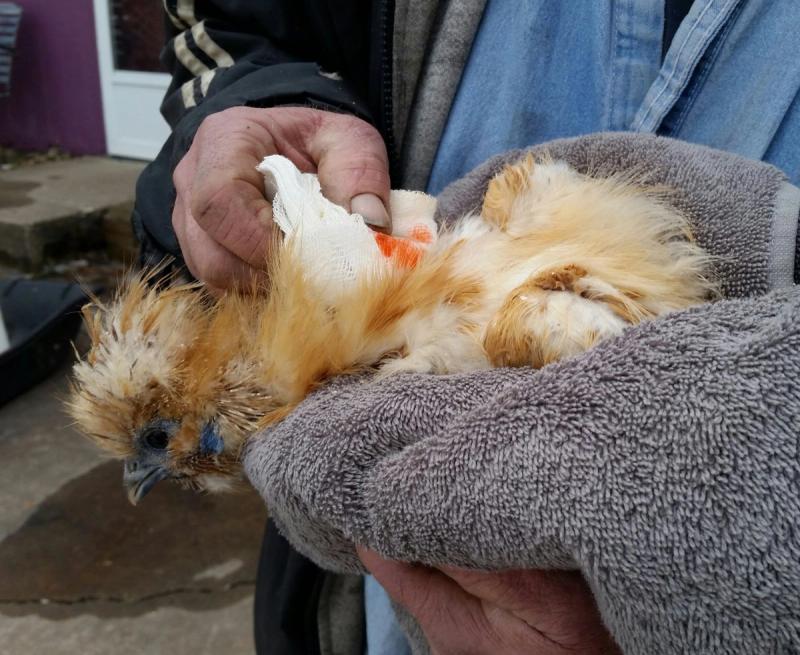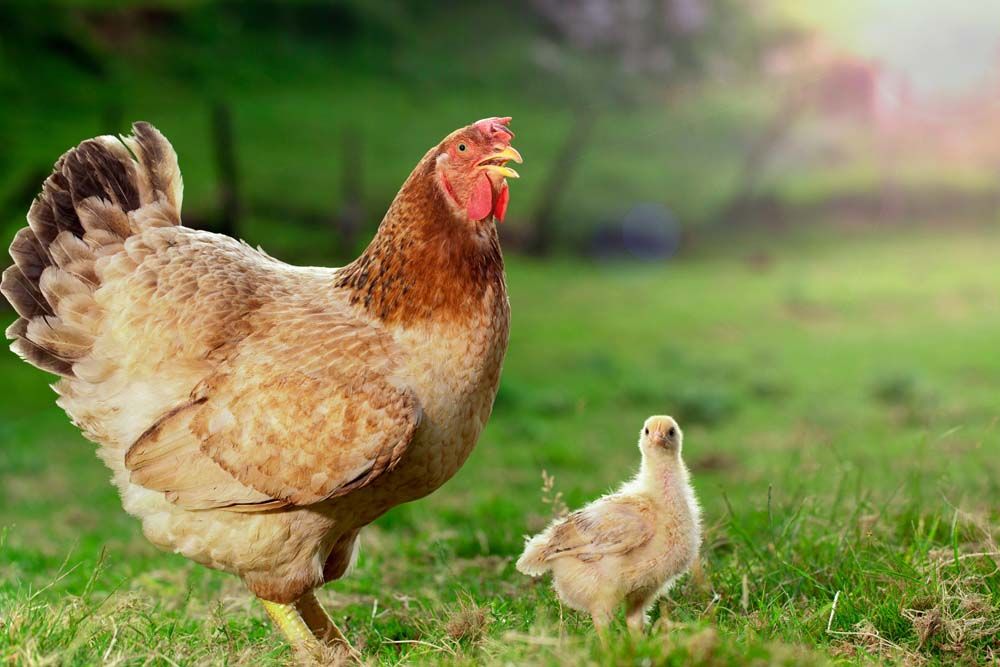What's in Your Chicken First-Aid Kit?
Until the veterinarian arrives, it's all on you


Written by Victoria J Peterson, VJP Poultry
June 15, 2023
Chickens are like all other animals that can become injured or sick and require immediate care in order to recover. A fight can occur between birds causing injury, or your bird could be attacked by a predator. An unexpected illness can leave you scratching our head on how to care for your patient until the veterinarian arrives.
I recommend that you prepare for these situations by having a stocked first aid kit handy and ready to use.
Physical injuries
If your bird has been attacked and has an open, bleeding wound you will need to first clean the area. I've found hydrogen peroxide or chlorhexidine solution is good for this.
After the wound is cleaned, apply Vetericyn, neosporin, or triple antibiotic ointment to help the wound heal. Vetrap bandaging or non-stick guaze pads are nice because they don't stick to feathers when removed.
After the wound has healed, apply Blu Kote which will dye the area blue making it less attractive to other birds. If pain relief is needed, use 5 aspirin (325 mg) to one gallon of water and use in waterer.

Gather plenty of tools
If your bird is not feeling well, it is important to have on hand a variety medicines to help, once you diagnose the problem. Most are available at the pharmacy, feed store, or vet supply store.
■ Epsom salts are great for soaking hen's bottoms who are egg bound.
■ Preparation H can help with prolapsed vents.
■ VetRx is great for relieving congestion and stress. Place it near nostrils.
■ Eye Wash is great for cleaning out eyes that become gunky.
■ It is a good idea to have a wormer on hand if you discover worms in your bird's chicken poo.
■ A mite and lice treatment is handy to
have at a moment's notice-ask you vet for recommendations.
■ Having Corid ready to go for coccidiosis can be a life saver.
■ Nutri-Drench or Sav-A-Chick can help with fast vitamins to the system.
■ Vaseline is handy for frostbite or scaly leg mites.
■ Tylan can be used when you need to give a dose of antibiotics to your bird.
■ A small scissors and tweezers are also handy to have nearby.

Things of general nature to include in your chicken first aid kit should include: 0-tips, pet nail trimmer, cornstarch (stops bleeding), and a feeding syringe or dropper.
Latex gloves should always be used so that germs are not transferred
between you and the patient.
Your own hospital
Create a sick bay area area for your bird to rest and recover in, away from the rest of the flock. Animal crates or kennels are wonderful for this. Use soft comfortable bedding or puppy pads inside. Food and water cups can hang on the wire sides of the kennel.
Watch to make sure that your bird is eating and drinking. You may have to hand feed if they are not. Kaytee Exact Hand Feeding is a product made for birds to use when they can't eat on their own.
When it is time to reintroduce your bird back to the flock, remember that she will be a stranger to them and the pecking order will need to be established again.
Put it together
Store all of your chicken first aid equipment together in some kind of tool box. That way, you won't be searching all over the house for items during times of emergency.
Have the phone number of a vet who knows about treating chickens. It is easier to do this ahead of time rather than trying to locate someone later.
Having a stocked first aid kit can give you a sense that you will be able to handle any emergency that occurs.
Tags:Healthy Flock

Chicken Whisperer is part of the Catalyst Communications Network publication family.











